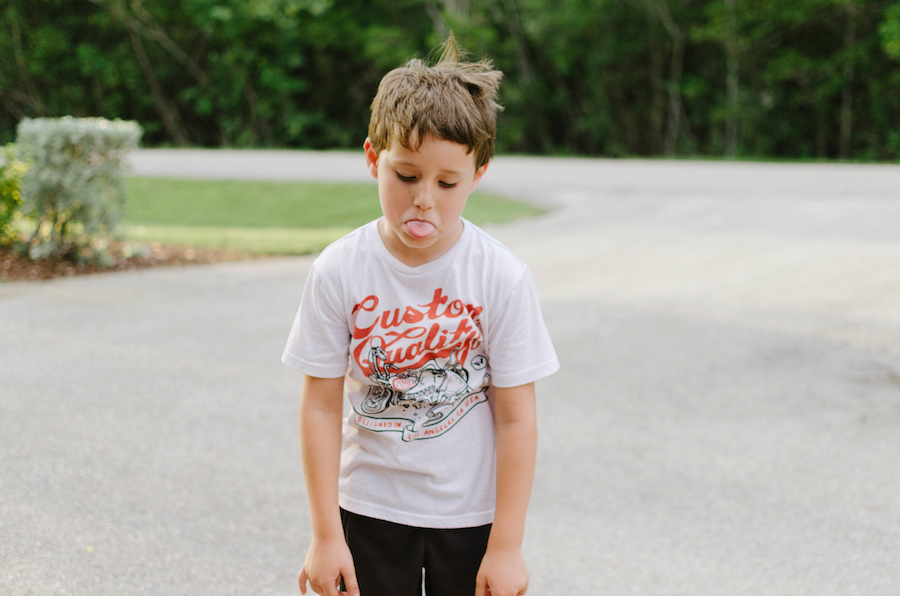
How to Speak to Kids About the Dentist
May 8, 2017First impressions can run deep. Chances are that if you or your child had a negative first visit to the dentist, it’s going to be difficult convincing either of you to go back! Unfortunately, some of these situations can stick with us for a long time, creating undue stress in the meantime.
To ensure a young child has positive first visit to the dentist, and continues to have a good association with the experience, we recommend using a specialized set of words about the dentist and what he or she does. These words effectively replace scarier-sounding adult versions.
For example, “Nitrous Oxide” becomes “laughing gas.” Understanding how to speak to kids about the dentist – before, during and after your visit – will greatly improve his or her experience.
Re-Framing Expectations
Before your kid’s visit to the dentist, ensure you speak in positive terms only. Think in advance about how to re-phrase the situation. For example, “The dentist is going to look at your teeth and ensure they are healthy. The hygienist is going to do a special cleaning of your teeth to really make them shine.”
This will help them feel more calm, comfortable and informed about the visit.
A more negative tone (what we want to avoid) would sound something like, “The dentist is looking for rotting teeth—you better have brushed your teeth really well or you’ll be getting a filling!” This type of comment helps fuel dental anxiety.
We also want to avoid, “The hygienist scrapes all the gunk that you missed off of your teeth. Your gums might bleed a little, but you’ll be okay.”
Kid-Friendly Vocabulary
On the right-hand side are some of the kid-friendly terms that we prefer to use at the clinic:
Cavities ⇒ Sugar Bugs or Monsters (at bedtime say, “Let’s chase those sugar monsters away!”)
Water Rinse ⇒ Tooth Shower
X-Ray ⇒ Picture (“take a special photo of the teeth”)
Tooth Scaling ⇒ Tooth Cleaning
Infection ⇒ Sick Tooth
Injection/shot ⇒ Sleepy Juice
Suction ⇒ Mr. Thirsty or vacuum
Numb ⇒ Put the tooth to sleep
Drill Sugar ⇒ Bug Sprayer or Mr. Whistle
Curing Light ⇒ Flashlight
Extract the tooth ⇒ Wiggle out the tooth
Some kids will ask a lot of questions simply because they are curious and want to know what’s going on. There’s no need to go into too much detail, keep it simple and light. Kids will take cues and absorb body language from their parents, so if you are feeling stressed about the situation, pass it over to another adult that your child trusts.
If in doubt about what to say, shift the responsibility over to us. After all, that’s our job: “That’s a good question. Let’s ask Dr. Bajwa.”







